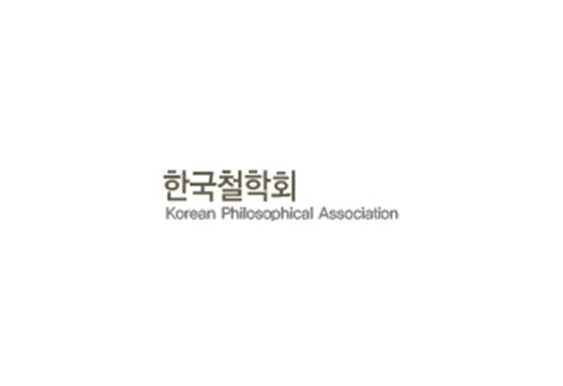성호 이익의 경학의 변형과 경세론 : 『대학질서』 격물설을 중심으로
On Yi ik’s Study of the Confucian Classics and Theory of Governance – Focusing on Interpretation the theory of Investigating things
박지현
서강대학교
철학
2024, vol., no.158, pp. 21-45 (25 pages)
10.18694/KJP.2024.2.158.21
한국철학회
1. 들어가는말
2. 격물(格物)의 자의(子儀) 분석
3. 인식론적 접근을 통한 격물해석
4. 맺음말
초록
성호의 격물해석은 격(格)자의 자의(字意)분석에서 출발하는데, 특히 글자나 구문의 형식을 밝히는데 주력한다. 자의분석 과정에서 주희의 격물설은 자연스럽게 논파되며, ‘격물치지(格物致知)’와 ‘물격지지(物格知至)’는 인식 주체인 ‘나’를 중심으로 재정의된다. 평천하부터 격물치지까지가 일련의 공부과정이 아니라 각각 개별적인 공부가 되며, 각각의 공부에 따라 물격지지부터 천하평까지가 개별적인 공효가 된다. 성호의 격물설은 표리(表裏)와 정추(精粗)의 개념을 중심으로 구체화된다. 표와 리는 내몸을 기준으로 구분되며, 표지도(表之到), 리지도(裏之到)라는 개념을 만들어 ‘리도(理到)’를 대체한다. 추와 정은 ‘추상적 개념’과 ‘구체적 내용’으로 정의된다. 표리와 정추는 인식론적 접근을 위한 일종의 범주개념이다. 성호는 이러한 범주개념을 통해서 성리학의 형이상학에서 간단히 벗어나며, 체용범주를 무력화시켰다. 성호의 격물설에서 인식의 대상은 만물로 확장되며, 인식의 기준으로 몸[신체]이 등장한다. 또한 추상적 개념보다 구체적 형식 및 실질적 내용의 중요성이 강조된다. 이러한 것은 성호가 생명을 가진 인간에 대한 이해를 바탕으로 구체적인 정책과 제도를 통한 민생의 안정을 추구한 경세론의 이론적 기초가 될 수 있다.
Yi ik(李瀷, 1681~1763)’s Gyeongmul (格物 Investigating Things) theory began with an analysis of the meaning of the character “格”. He was especially concerned with explaining the grammatical use of the character and the form of the sentence. In the process of analyzing the meaning of the letters, Sung-ho naturally refuted Zhu Xi’s Gyeongmul theory and reorganized the Gyeongmul theory around me as a cognitive subject. He did not see the whole process of Gyeongmul as a result of learning and learning. Instead, he thought that each step is learned, and each step has an individual result. His specific theory of Gyeongmul was developed with two concepts. He defined the simple terms as epistemological categories. The first categorical concept is ‘Outside and Inside’ based on the human body. The second categorical concept is ‘Roughness and Precision,’ According to his definition, the abstract concept is ‘Rroughness’ and the concrete form and content is ‘Precision’. He used this concept of epistemological categories to simplify the metaphysics of Neo-Confucianism and to neutralize the Substance and Function(體用) categories of Neo-Confucianism. In his theory, the object of perception was extended to all beings, and the criterion of perception was established as the body. He also emphasized the importance of concrete forms and substantive content over abstract concepts. This explains why his theory of governance was based on an understanding of human beings as living beings and why he strongly advocated the implementation of politically concrete policies.

